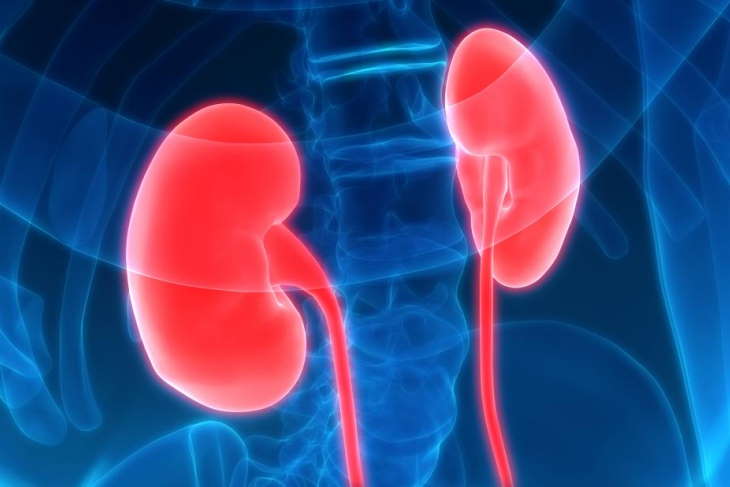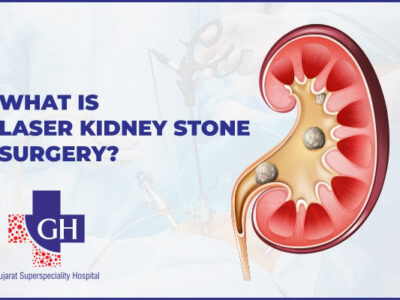Chronic Kidney Disease is also known as Chronic Kidney Failure. It involves the gradual loss of kidney function. Kidneys in the human body are responsible for filtering wastes produced from the blood and removing excess fluid.
Chronic Kidney Disease may lead to rise in alarming levels of fluids, electrolytes, and wastes in the body. In the initial stages, there might be few to no symptoms, but they may appear as the condition gets advanced.
Signs and Symptoms of Chronic Kidney Disease
Signs and symptoms may appear depending on the severity of the disease. Some of the common signs and symptoms are:
- High Blood Pressure
- Vomiting and Nausea
- Fatigue and Weakness
- Disturbed Sleep Pattern
- Swelling in Feet/Ankles
- Itchy Skin
- Muscle Twitch/Cramps
- Shortness of Breath (if fluid builds up in the lungs)
- Loss of Appetite
- Chest Pain (if fluid builds up around the lining of the heart)
The reason for the symptoms may be nonspecific but it’s better to get regular checkups.
Causes of Chronic Kidney Disease
- Diabetes: High blood sugar levels can harm your kidneys over time.
- High Blood Pressure: High BP can affect your blood vessels, including those that go to your kidneys.
Other conditions may include:
- Diseases of the immune system may affect the function of the kidneys
- Long-lasting diseases such as HIV, AIDS, Hepatitis B, and Hepatitis C can also have an adverse effect on the kidneys
- Inflammation in glomeruli (Glomeruli is a tiny network of blood vessels considered as the ‘cleaning units’ of the kidney)
- Polycystic Kidney Disease (a genetic condition where fluid-filled sacs may form in the kidneys)
- Pyelonephritis (a type of urinary tract infection where one or both kidneys gets infected)
- Congenital Kidney Diseases
- Recurrent Kidney Infections
There are a number of risk factors that may increase your risk of Chronic Kidney Disease. Some are modifiable and some are non-modifiable. Modifiable risk factors can be controlled whereas non-modifiable factors can’t be controlled.
Modifiable Risk Factors
- High Blood Pressure
- Cardiovascular Diseases
- Smoking
- Diabetes
- Obesity
- Hypertension
- Consumption of any medicine without a prescription
Non-modifiable Risk Factors
- Family history of Kidney diseases
- Aging
Diagnosis of Chronic Kidney Disease
If symptoms of Chronic Kidney Disease are positive, then your doctor may ask you to undergo several tests.
- Regular Blood Test
- Urine Test: A urine test could be performed to determine whether or not albumin is present. The presence of albumin is a sign of damaged kidneys.
- Imaging Tests: Tests like ultrasound to thoroughly assess the kidneys.
- Kidney Biopsy: A small extract of tissue is taken and then thoroughly examined to look for any damage/disease.
Treatment of Chronic Kidney Disease
Treatment of Chronic Kidney Disease focuses on slowing the progression of damage, generally by controlling the cause, as the progression may lead to kidney failure.
Some of the treatment procedures are:
- Dialysis: In dialysis, body waste and extra fluid are taken out of the body because the kidneys aren’t able to perform the same.
- Hemodialysis: In this procedure, a machine removes the body waste and extra fluid from the blood.
- Peritoneal Dialysis: This procedure involves the insertion of a thin tube called a catheter into your abdomen. Then, a solution is released into the abdomen that will absorb the waste and fluids. After a while, the solution drains from the body.
- Kidney Transplant: It involves the replacement of a damaged kidney with the healthy one.
We at Gujarat Superspeciality Hospital are dedicated to provide our patients with the best of services and quality care. If you or someone you know is experiencing any health issues, our consultants are available round-the-clock at Gujarat Superspeciality Hospital from Monday to Sunday between 09 AM to 07 PM.


